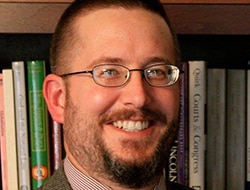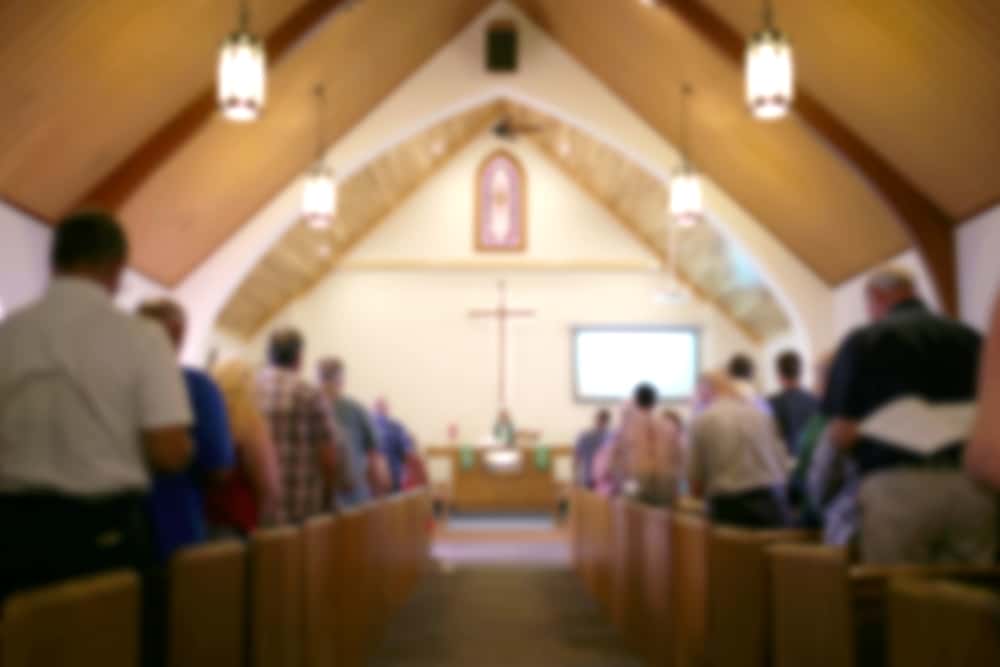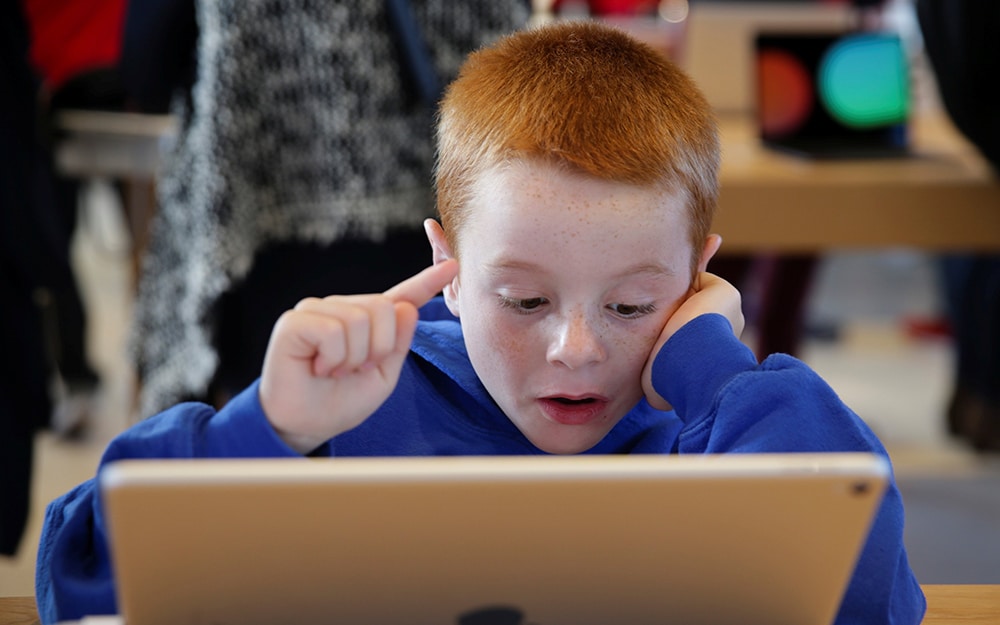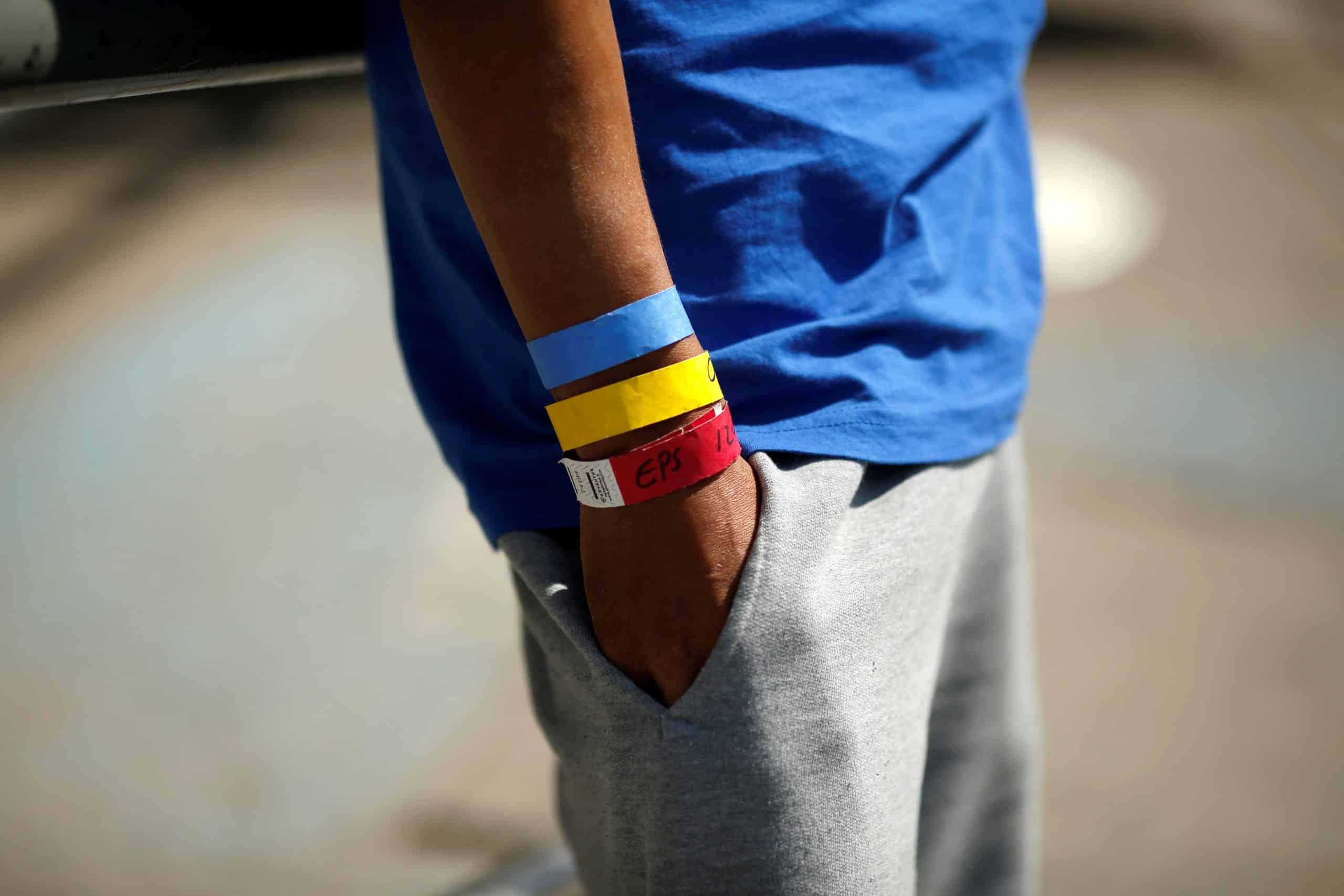
I first met Russell Kirk at Piety Hill, his ancestral home in Mecosta, Michigan, in the fall of 1989. My college roommate and I were there for a weekend seminar. In conjunction with the Intercollegiate Studies Institute, Dr. Kirk had been hosting such seminars at Piety Hill for many years.
After some introductory pleasantries on the afternoon of the first day, Mrs. Kirk announced that Russell would be leading those who wished to go on a walk through the area around Piety Hill. Surprisingly to me, some of the attendees decided to skip it, but Frank and I joined in eagerly. At 21 years old, we struggled mightily to keep up with Dr. Kirk at 69.
One thing that impressed me even more than his stamina was that Russell walked wherever he wished. As we walked, I became aware that we were crossing other people’s land on rough paths that may have dated back to the Native Americans who lived there before Kirk’s ancestors came along and turned Mecosta County into the Stump Country featured in so many of his ghost stories. Kirk swung his cane — at that point still more of an affectation than a necessary tool — back and forth across the path, reminding the encroaching brush that God gave the earth to man to subdue it.
Six summers later, a year after Kirk’s death, I walked miles and miles through Mecosta County with our eldest daughter on my back. But something had happened between Kirk’s death and those walks: Many of the paths we had walked had been blocked, not by nature, but by the owners of the land, who had tolerated Russell’s incursions but had no desire to welcome strangers now that he was gone.
Dr. Kirk, of course, believed in private property, but he also recognized that we hold everything we own in trust, having received it from a previous generation and been charged with safeguarding it for a future one. Our ownership of anything in this world is contingent — perhaps not legally so, but certainly morally.
Others disagree, and so the fences went up and the gates were locked when Russell was no longer there to remind them of that truth.
The recognition of the debt that we owe to the past and our responsibility to the future is another aspect of the hospitality that I discussed yesterday. Russell and Annette gave generously of their time and treasure, welcoming those in need, because what they owned was both theirs and not-theirs. In welcoming others, they weren’t necessarily attempting to change lives; that was just a natural outcome of their actions.
In our relations with others, we can choose to open new paths, or we can put up fences and lock the gates. Doing the latter is easier, and no doubt sometimes necessary; but when we choose to do the former, we can create new avenues through which the grace of God can flow.
Scott P. Richert is publisher for OSV.





